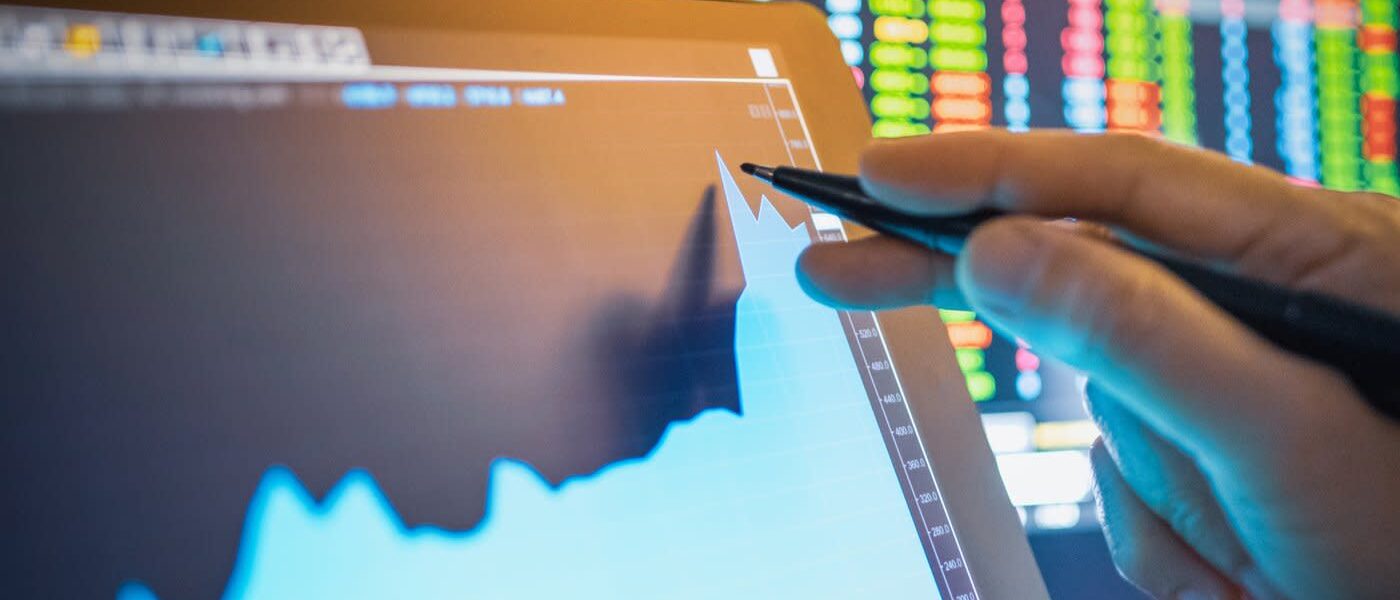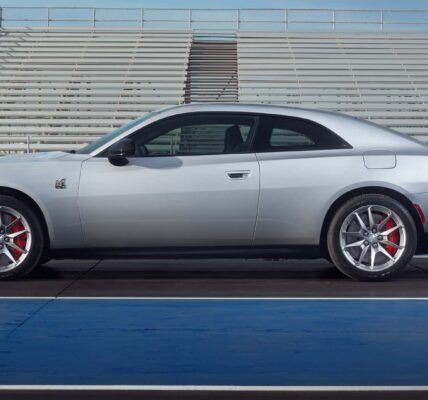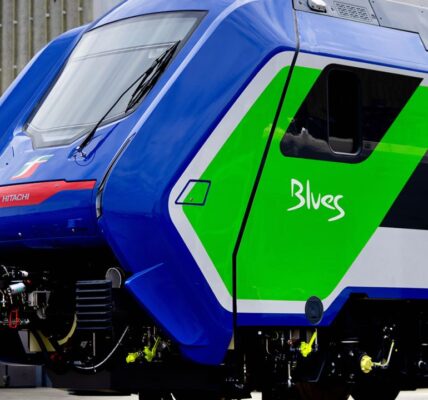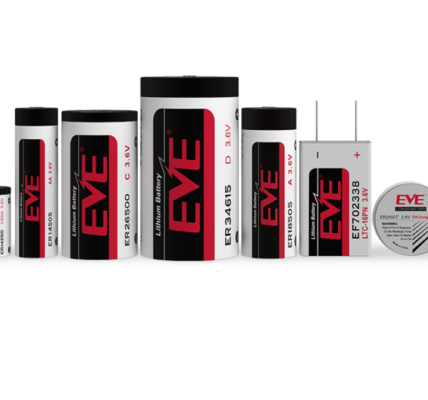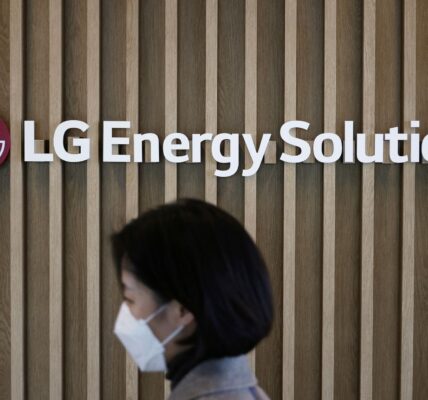The CEO Behind China’s leading Producer of EV Batteries Asks the Davos Crowd to Not let Geopolitics Get in the Way of Progress
Electric vehicles are quickly becoming a geopolitical hot potato. The U.S. and Europe are worried that cars made in China will soon flood their markets, outcompeting legacy automakers and leaving the West reliant on a country it increasing views as a systemic rival. Now, one of China’s—and the world’s—leading manufacturer of batteries for electric cars is calling on industry leaders and governments to put geopolitics aside.
“We should really avoid any geopolitical issues in [battery] recycling technologies,” Robin Zeng Yuqun, founder and CEO of Contemporary Amperex Technology (CATL), said at an EV-related panel at the World Economic Forum in Davos last week, according to the South China Morning Post.
“I think everywhere people have to sit down and be reasonable,” he said. Zeng claimed that CATL can recycle almost all of the nickel, cobalt and manganese used in EV batteries. Those minerals are key components in making the lithium-ion batteries that are traditionally used in many EVs.
Zeng warned that a full embrace of electric vehicles might lead to resource constraints. “Demand for critical materials might increase by five times in the next 10 years, considering the fast growth of the industry,” he said. If societies really do embrace electric cars in full, “there will be very tiny amounts of new critical materials to be mined,” he warned.
The CATL founder said his company was ready to offer its battery recycling technology with overseas carmakers, and claimed Chinese recycling facilities could recover key battery metals at higher rates than European facilities. “If we can provide these recycling technologies to Europe, to the U.S. and to the rest of the world, it’d be very easy to manage mining issues,” he suggested.
CATL’s global expansion
CATL has about a third of the global market in EV batteries, according to a November report from Seoul-based SNE Research. The company counts Tesla and BMW among its list of customers, and sells more batteries than BYD, the Chinese EV giant.
Zeng founded Amperex Technology in 1999, selling batteries to consumer electronics companies like Samsung and Apple. In 2011, Zeng and a group of Chinese investors acquired an 85% stake in the EV battery business of Japanese company TDK, renaming it CATL. The company has surged alongside the rapid rise of China’s EV sector, bolstered by government tax breaks and subsidies.
CATL now has battery plants in Germany and Hungary, and is partnering with a Thai state-owned oil company to assemble EV batteries in Thailand. The company is also partnering with Western carmakers, with promised plants with Stellantis in Europe and Ford in the U.S. state of Michigan.
The Michigan plant has aroused concerns in the U.S. that the country’s subsidies under the Inflation Reduction Act could benefit a Chinese company. Politicians have demanded that Ford detail its relationship with CATL.
Ford expects to produce low-cost lithium-ion batteries at its plant in Michigan using technology licensed from CATL by 2026, though temporarily paused construction in September, blaming its fight with the United Auto Workers union.
Chinese electric cars are also getting caught up in geopolitics. The European Commission launched a probe last September to determine whether Chinese EV makers like BYD are unfairly benefiting from state subsidies. The U.S. is also preventing EVs that are either manufactured in China or use Chinese-made components from qualifying for tax breaks.
Zeng told Nikkei Asia that CATL’s plans for a battery factory in the U.S. would not be affected by new Biden administration’s rules.


